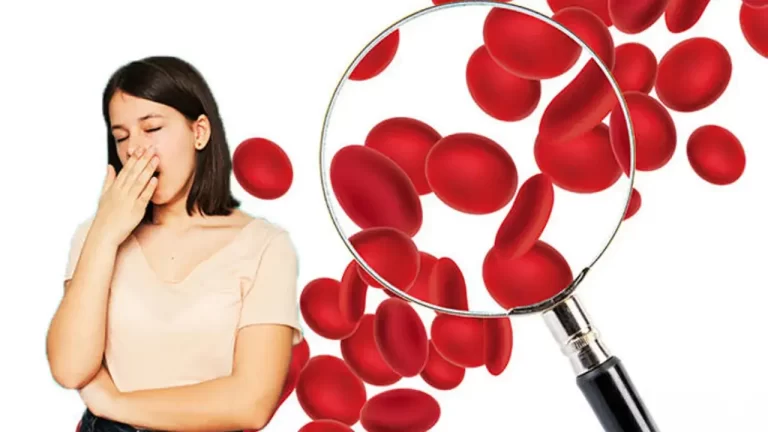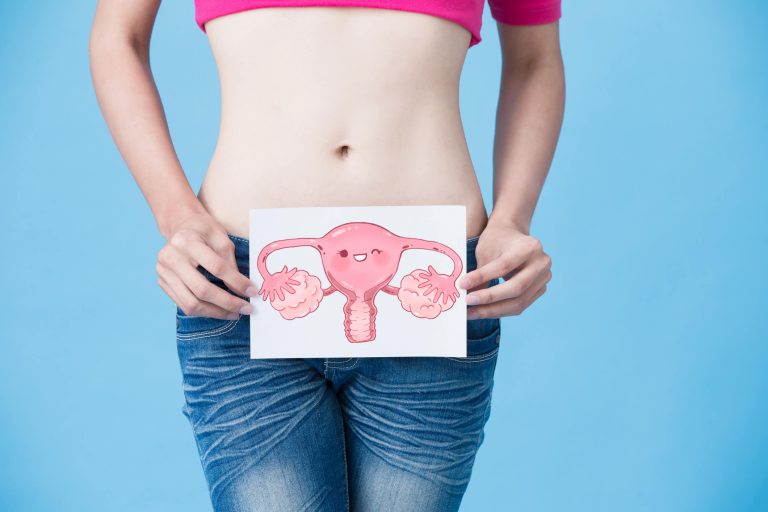Vaginal Atrophy Causes and Symptoms

Vaginal atrophy, also known as atrophic vaginitis, is a condition that occurs when the tissues of the vagina become thin and inflamed due to a lack of estrogen. This can cause a variety of symptoms, including dryness, itching, and pain during sex. Vaginal atrophy is a common condition that affects many women, particularly during and after menopause.
Causes of Vaginal Atrophy
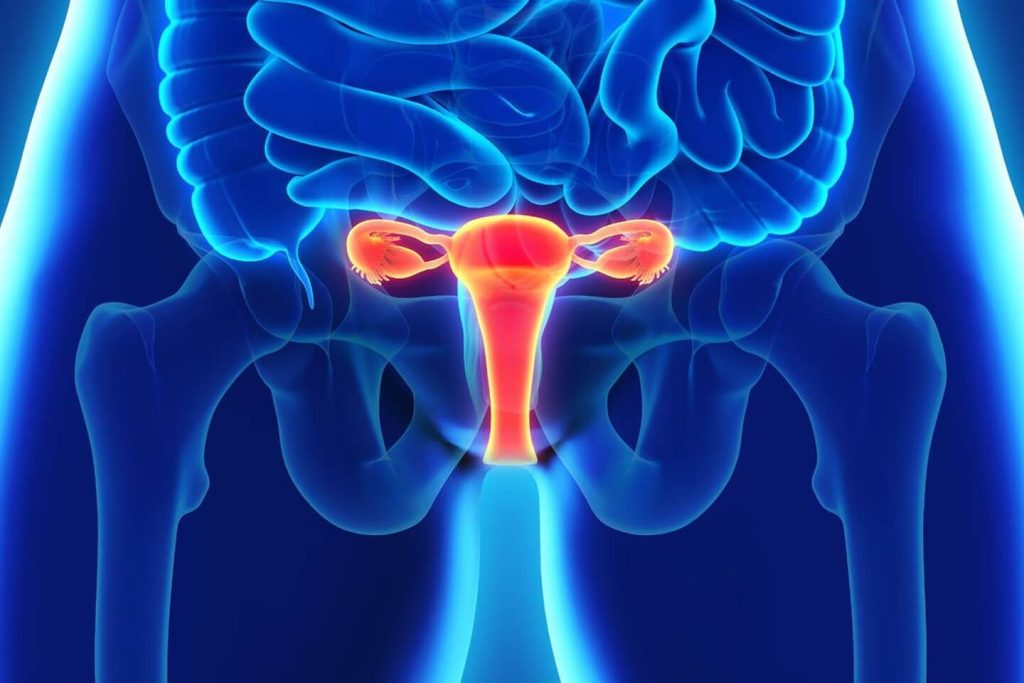
Vaginal atrophy is caused by a lack of estrogen in the body. Estrogen is a hormone that helps keep the vaginal tissues healthy and lubricated. During menopause, the levels of estrogen in a woman’s body decrease, leading to a thinning and inflammation of the vaginal walls. Other factors that can contribute to vaginal atrophy include breastfeeding, radiation therapy, and certain medications.
Symptoms of Vaginal Atrophy
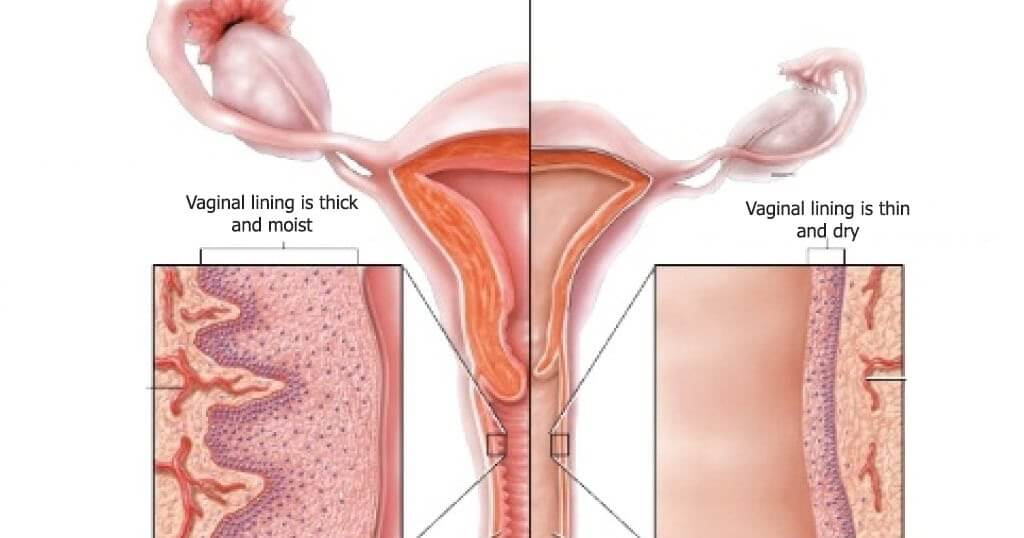
Symptoms of vaginal atrophy can include:
- Vaginal dryness
- Itching and burning in the vaginal area
- Pain or discomfort during sex
- Urinary incontinence
- Vaginal bleeding or spotting
- Vaginal pain or discomfort during urination
Diagnosis and Treatment
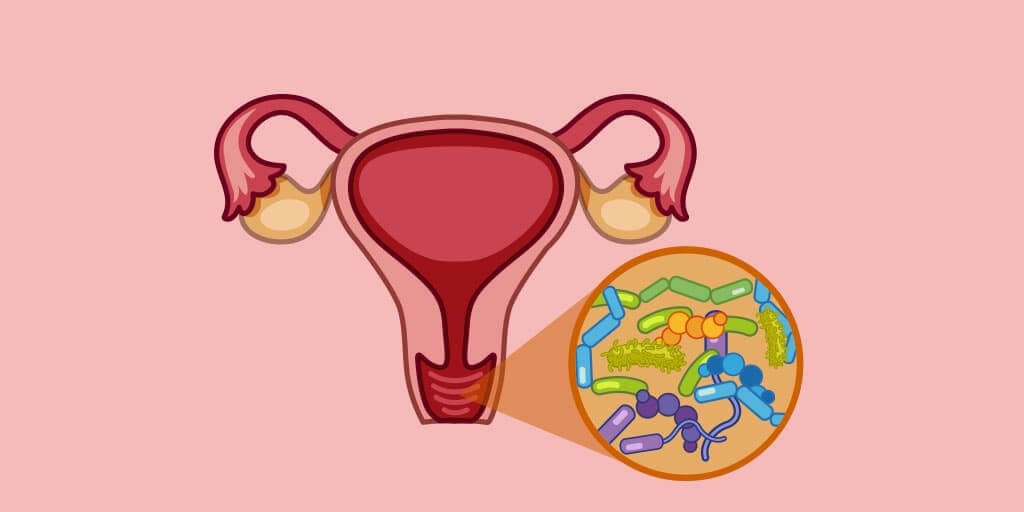
Vaginal atrophy is typically diagnosed by a healthcare provider during a pelvic exam. Your provider may also take a sample of the vaginal tissue to check for any abnormal cells or infections.
Treatment options for vaginal atrophy include:
- Vaginal estrogen therapy: This involves using creams, tablets, or rings that contain estrogen to help replace the estrogen that is lost during menopause.
- Hormone therapy: This involves taking estrogen in pill or patch form to help balance the hormones in the body and alleviate symptoms of vaginal atrophy.
- Laser therapy: This is a non-hormonal treatment option that uses laser energy to stimulate collagen production and improve the elasticity and thickness of the vaginal walls.
Prevention of Vaginal Atrophy
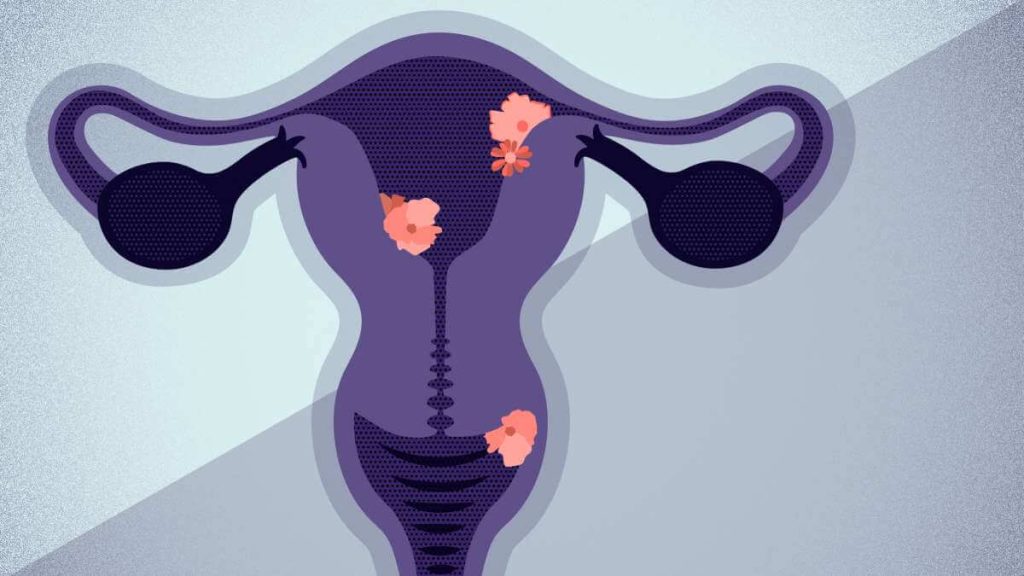
To prevent or reduce the risk of vaginal atrophy, women can take the following steps:
- Maintain a healthy diet and exercise regularly
- Avoid smoking and limit alcohol consumption
- Use water-based lubricants during sexual activity
- Practice good hygiene
- Avoid using harsh soaps or detergents on the vaginal area
Other Considerations
Some other things to keep in mind about vaginal atrophy include:
- Vaginal atrophy is not just a menopausal issue, it can also occur in women who have had their ovaries removed or are undergoing chemotherapy or radiation therapy.
- Vaginal atrophy can also occur in women who are breastfeeding, as the high levels of prolactin (hormone that stimulate milk production) can inhibit estrogen production.
- Not all women will experience symptoms of vaginal atrophy, but that doesn’t mean that they are not affected by the condition. It’s important to have regular check-ups with a healthcare provider and to discuss any concerns or symptoms.
- Vaginal atrophy can have a negative impact on a woman’s sexual and urinary health, as well as her emotional and psychological well-being.
- Some home remedies that are commonly suggested such as using coconut oil, aloe vera gel, or yogurt as lubricants, although they can be moisturizing, they should be used with caution as they may disrupt the natural pH balance of the vagina and increase the risk of infection.
Conclusion
Vaginal atrophy is a common condition that affects many women, particularly during and after menopause. It is caused by a lack of estrogen in the body and can cause a variety of symptoms such as vaginal dryness, itching, and pain during sex. Treatment options include vaginal estrogen therapy, lubricants and moisturizers, hormone therapy, and laser therapy. By maintaining a healthy lifestyle, practicing good hygiene, and taking steps to prevent vaginal atrophy, women can alleviate symptoms and improve their overall vaginal health. It is important to consult a healthcare provider if you have any concerns or symptoms of vaginal atrophy.


